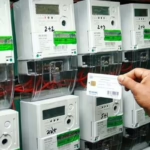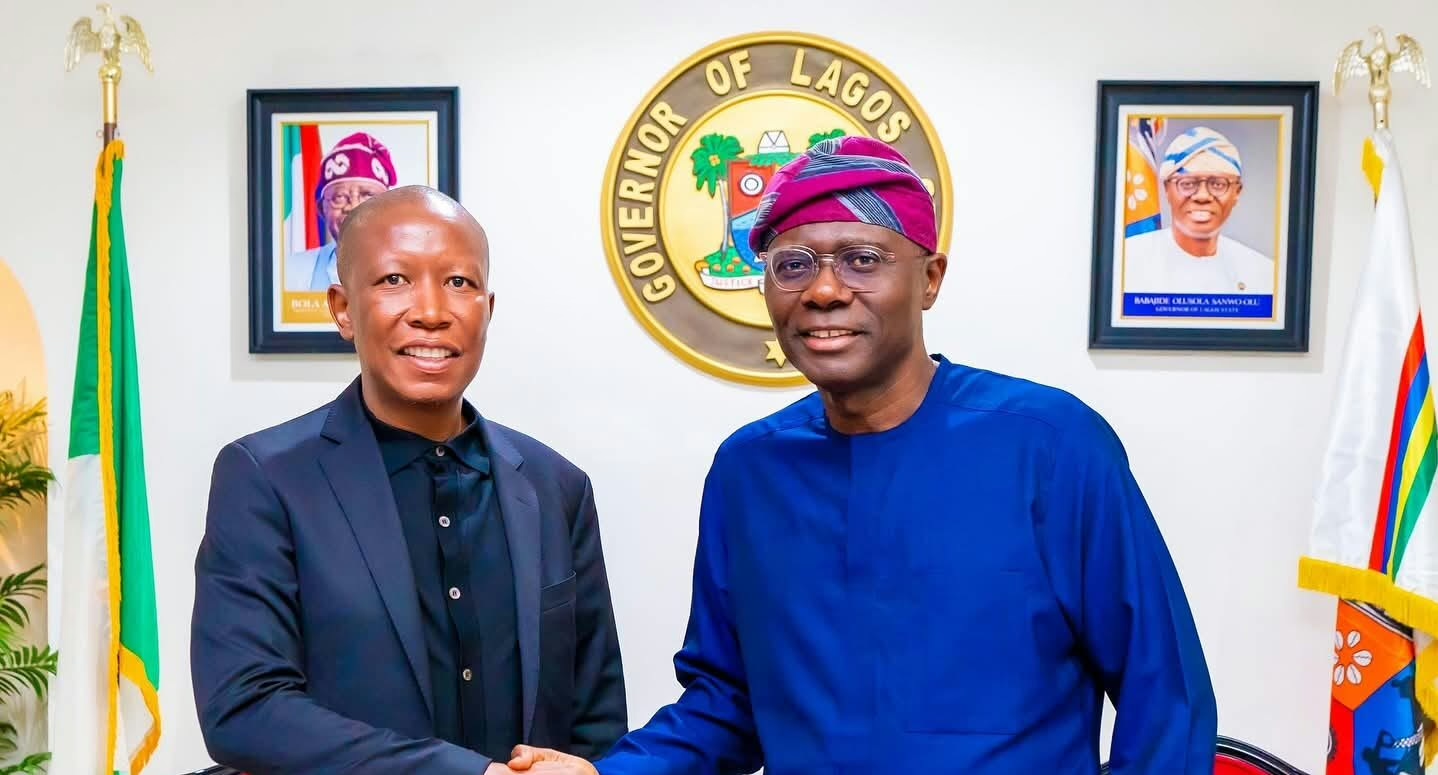Julius Malema’s Diplomatic Visit to Lagos Sparks Discussions
Julius Malema, a prominent and often polarizing figure in South African politics, recently made headlines with his official visit to Lagos, where he met with Governor Babajide Sanwo-Olu. Known for his fiery rhetoric and uncompromising stance on various socio-political issues, Malema’s presence in Nigeria has reignited conversations about his influence beyond South Africa’s borders.
Background on Julius Malema’s Political Stance
As the leader of the Economic Freedom Fighters (EFF), Malema has built a reputation for his radical approach to addressing inequality and advocating for economic reforms. His speeches frequently challenge the status quo, sometimes provoking controversy due to their aggressive tone and references to potential unrest. Despite this, Malema remains a significant voice in African politics, commanding a large following among youth and marginalized communities.
Significance of the Lagos Meeting
The meeting between Malema and Governor Sanwo-Olu symbolizes a growing trend of cross-national political engagement within Africa. Lagos, as Nigeria’s economic powerhouse, plays a crucial role in regional diplomacy and development. This visit could pave the way for enhanced cooperation on issues such as economic empowerment, lagos-submits-bid-to-host-2026-national-youth-games/” title=”… submits bid to host 2026 National … Games”>youth development, and governance reforms.
Contextualizing Malema’s Controversies
Malema’s outspoken nature has often led to public debates and criticism, especially regarding his comments that some interpret as inciting violence. For instance, his past calls for radical land redistribution and nationalization of industries have sparked both support and alarm. However, his supporters argue that his rhetoric highlights urgent social injustices that require bold solutions.
Looking Ahead: Potential Impact on Nigeria-South Africa Relations
This visit may mark the beginning of deeper political and economic dialogues between Nigeria and South Africa, two of Africa’s largest economies. With ongoing challenges such as youth unemployment and economic inequality affecting both nations, collaborative efforts inspired by leaders like Malema and Sanwo-Olu could foster innovative policies and partnerships.
As of 2024, Nigeria’s youth unemployment rate stands at approximately 33%, while South Africa faces a staggering 46% youth unemployment rate, underscoring the urgency for transformative leadership and cross-border cooperation.
Source: Premium Times Nigeria























0 Comments